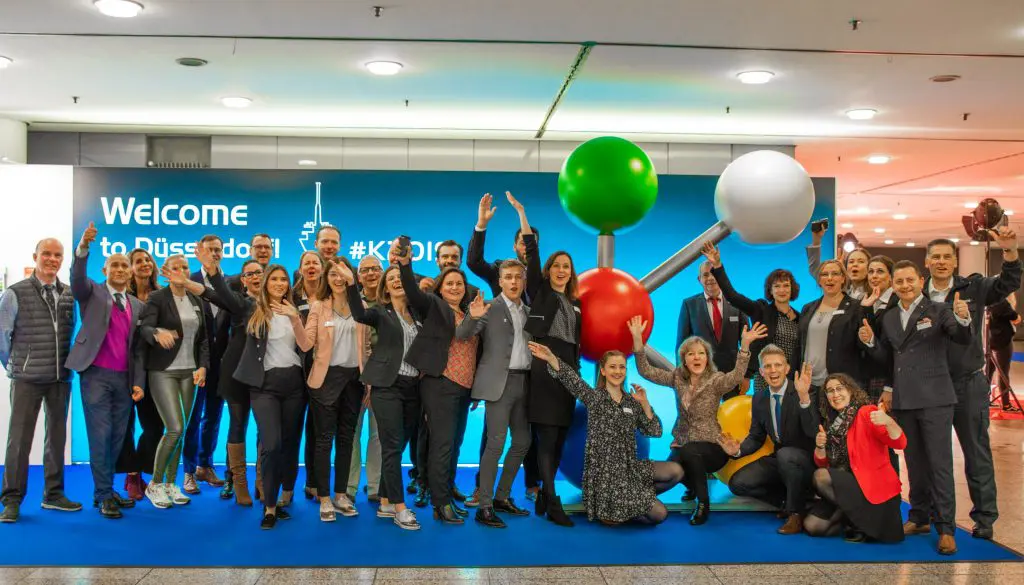Messe Düsseldorf will dedicate a full week to plastics and rubber with the K2025 trade show taking place from 8-15 October.
As with the previous edition three years ago, some 180 000 visitors are expected to pass through the entrance gates. On the exhibition floor and through presentations, attendees can learn about the latest technologies, trends and solutions related to the processing and treatment of plastics and rubber. The key themes of the trade fair week are circularity and digitalisation.
Thomas Franken is the project director of K2025 at trade fair organiser Messe Düsseldorf. He offers an in-depth preview of what visitors can expect three years on.
CHECK THE RI TALKS PODCAST WITH THOMAS FRANKEN HERE >>
K2025 project director Thomas Franken.
‘We’ve already confirmed 3 000 exhibitors from 61 countries,’ says Franken. ‘All the major names in the industry will be present but there will also be many interesting start-ups. By October, we expect to reach over 3 200 exhibitors.
That means we’ll have filled every corner and gap of the exhibition grounds: in total, we’ve allocated 178 000 square meters for K2025—more than 25 football fields.’
K2022 welcomed almost 178 000 visitors from 167 countries. About 70% of them came from Europe, followed by Asia, North and South America, the Middle East, and Africa.
‘This year, we expect more visitors from Asia,’ Franken explains. ‘In 2022, there were still significant Covid restrictions in place and people had to quarantine for two weeks upon return.’
Of the visitors who attended K2022, 98% were satisfied with their experience. Additionally, 97% said they would attend the next edition.
Circularity key focus
Messe Düsseldorf is positioning K2025 as the place where the global plastics community gathers to determine the future direction of the industry. The organiser is therefore strongly addressing current issues affecting the plastics and rubber sector, including the transition to a circular economy. The plastics industry plays a key role in this transformation.
In 2023, according to figures from Plastics Europe, 413.8 million tonnes of plastics were produced worldwide, of which only 8.7% was recycled – mostly mechanically.
Franken: ‘The rest was incinerated or dumped. Yet recycled plastics have enormous potential.’
Workshops and live demonstrations
In this context, Germany’s industry association VDMA (Verband Deutscher Maschinen- und Anlagenbau) will showcase innovative circular technologies in the outdoor area, offer live demonstrations and organise workshops. ‘This will clearly show what circular plastics production looks like from collection and sorting to reprocessing and application,’ adds Franken. ‘On-site, plastic waste will be converted into new raw materials.’
AI rules
Digitalisation is the second major theme of the trade fair. The plastics industry is facing major economic and regulatory shifts worldwide. Increasing competitive pressure, stricter environmental requirements, and higher expectations regarding the circular economy, are intensifying the need for innovation.
In several halls, visitors can witness how artificial intelligence, data-driven production, and smart machinery contribute to more efficient and sustainable processes.
Advancing digitalisation is creating new opportunities. Automated processes, data-driven control systems and intelligent networks are already making it easier for companies to adapt to stricter regulations.
Don't hesitate to contact us to share your input and ideas. Subscribe to the magazine or (free) newsletter.



